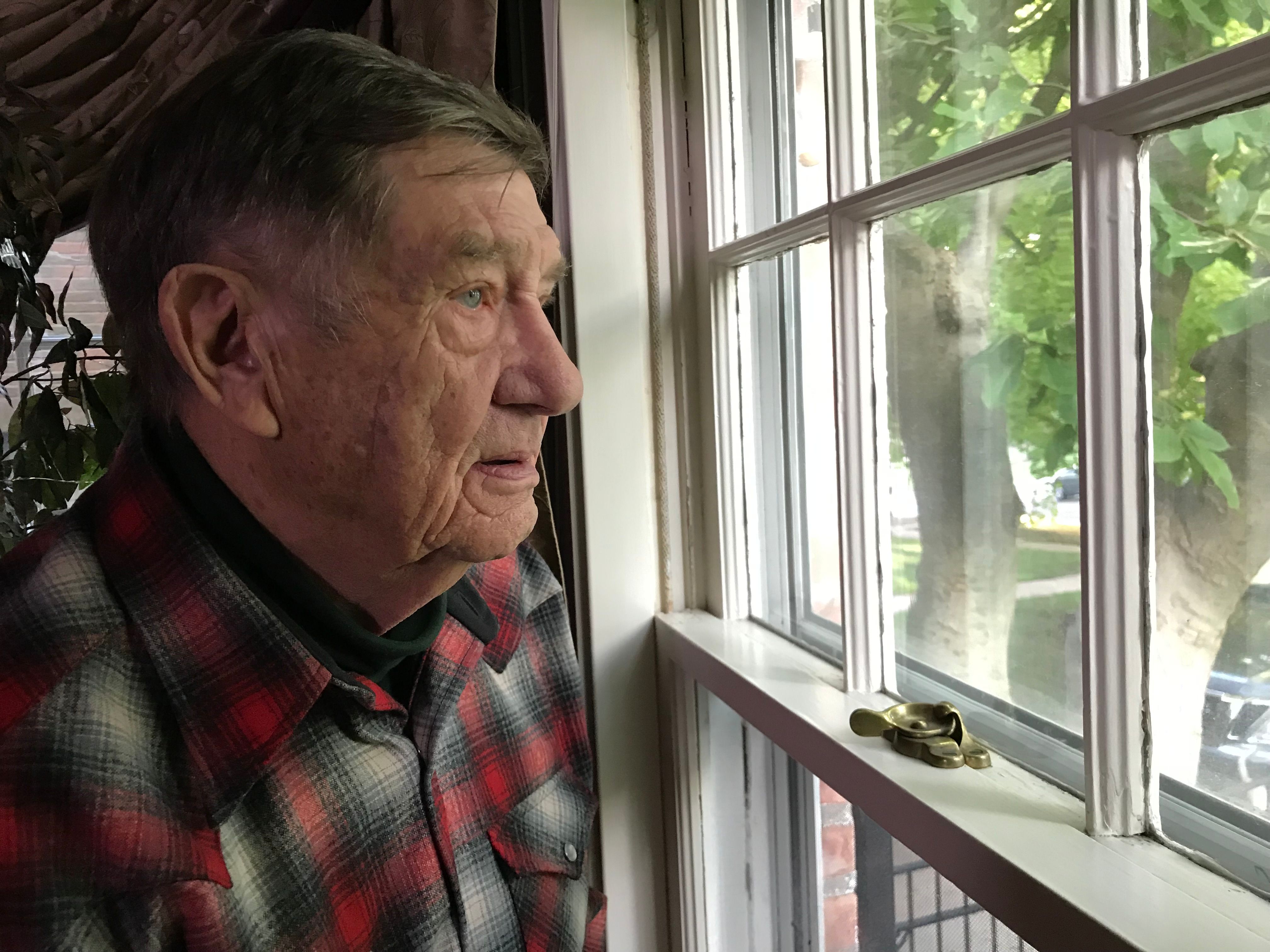
Finding out a loved one is living with Alzheimer’s disease or another form of dementia can be overwhelming. While there currently is no cure for this brain impairment, there are things that can be done to improve quality of life.
It's normal for you or a family member to feel a range of emotions after a diagnosis of Alzheimer's. These can include sadness, anger, fear, and guilt. Allow yourself to feel these emotions, but don't let them consume you.
The more you know about the various stages of the disease, the better equipped you'll be to cope with it. Learning about Alzheimer's and other dementias can help with a lot of the unknowns that often come with a diagnosis.
Alzheimer’s and other dementias progress at different speeds. An early diagnosis gives time to make small lifestyle changes that can help maintain quality of life and create memories in the present you will cherish.
Remember, you're not alone. There are many people who are going through the same thing you are. There are many resources available that can help you along this journey.
Tips for Living With Dementia
- Make goals and plans for the future
Living with dementia doesn’t mean you can’t plan ahead. Maybe it’s time to travel to connect with old friends or take that dream fishing trip. Checking off a bucket list can be a lot of fun!!
- Explore new hobbies and keep active
Hobbies and exercise are great ways to keep your brain active. Remember to share your knowledge and activities with family and friends, as passing on your skills is a positive experience that builds memories. Exercise is also important and will help keep your mind and body active.
- Find strategies to help maintain independence
Examples of this are using reminders on a smartphone for important dates and medication reminders. Sticky notes are also great for labeling household items, or reminders of important numbers by the telephone.
- Engage in clinical trials
Engaging in clinical trials can help individuals feel empowered by making a difference in the science and research behind future treatments and contributing to a future cure for Alzheimer’s and other dementias.
- Become an advocate
Supporting others in your community can give a sense of purpose and also build social connections. Organizations such as the Alzheimer’s Association (U.S) and Alzheimer’s Society (Canada) have opportunities for ongoing advocacy at the state and national levels.
Prepare the home and living environment
Creating and maintaining a safe environment is essential. Our website has several free resources to help bring you peace of mind.
Our YouTube channel hosts a series of home safety videos specific to dementia hosted by Home Instead Inc. Gerontologist Dr. Lakelyn Eisenberger. Topics include preventing wandering, bathroom safety tips, and more.
Bringing in outside help can provide added support in the home and give family caregivers a break. Download a free Home Care Solutions Guide from our website that shares what to consider when hiring home care and great questions to ask.
Plan ahead for future care needs
Alzheimer’s and other dementias are progressive diseases, which means they will likely get worse over time. The person living with the disease will become more dependent on help from others for things like: paying bills, keeping up with household chores, driving, and personal care (bathing and dressing). Find out more about home care services that can help with these growing needs.


